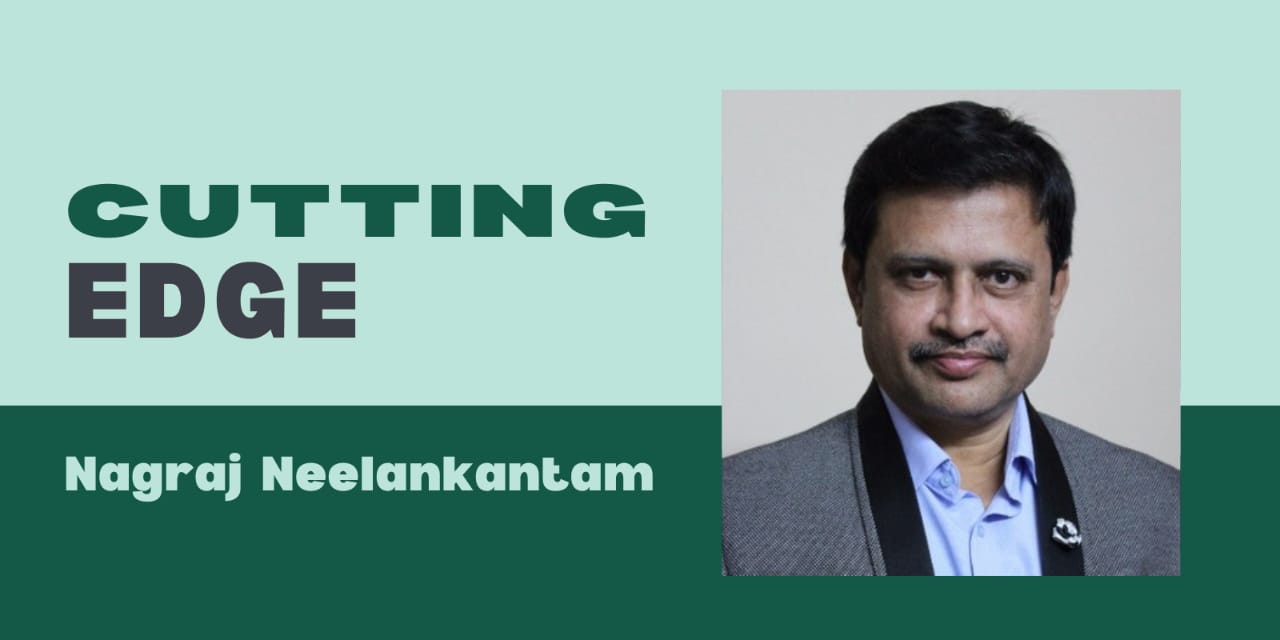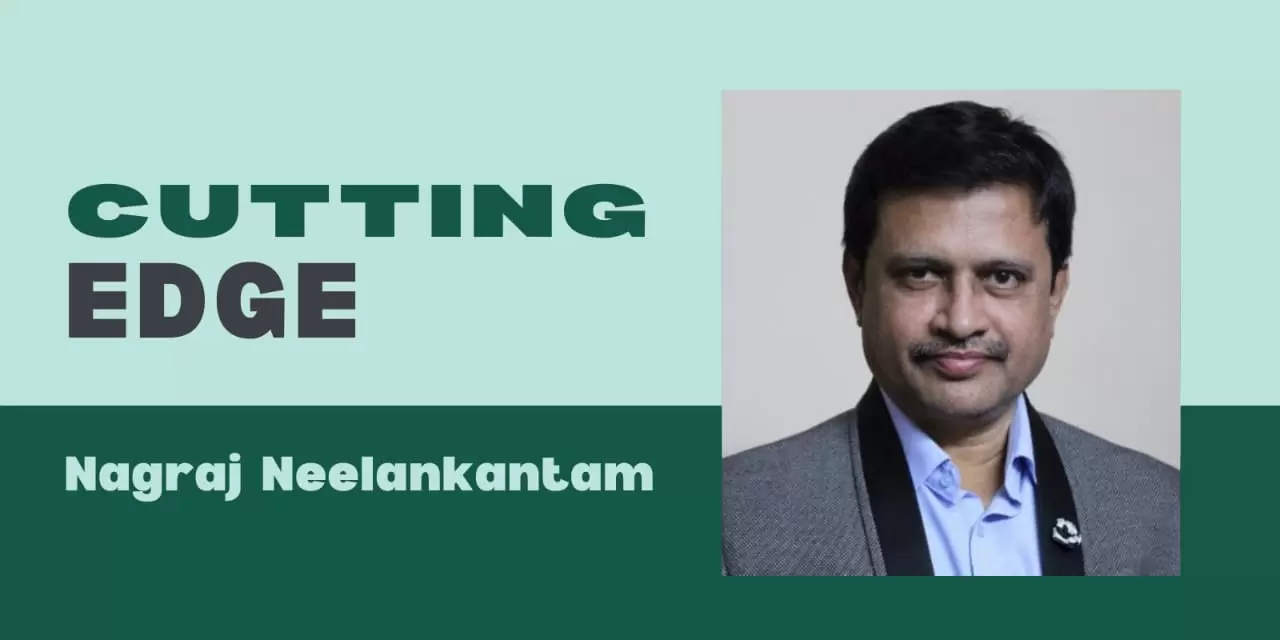From Disorder to Dharma: How India’s Wisdom Outshines a Neighbor’s Darkness
Every era witnesses a turning point when destiny divides two paths—one leading to evolution, the other to erosion. In South Asia, India and Pakistan today stand as stark embodiments of that divide. While India rises through stability, spiritual strength, and global stewardship, Pakistan sinks deeper into political decay and ideological confusion.
India’s resurgence as the Vishwa Guru—the global teacher—is not merely a political reawakening but a civilisational renaissance. Guided by the timeless principle of Vasudhaiva Kutumbakam, India’s ascent symbolizes harmony between modern progress and moral purpose. In contrast, Pakistan’s decline reflects the dangers of governance without conscience and ambition without direction.
Beneath Pakistan’s national rhetoric lies a harsher truth—one of manipulation, exploitation, and subjugation. The common citizen, caught between poverty and propaganda, remains unaware of how deeply the state has been captured by its own power brokers.
The trinity of the military establishment, intelligence agencies, and corrupt political elites has turned Pakistan into a puppet regime—driven not by the will of its people but by the agendas of foreign benefactors. Women, tragically, bear the heaviest burden—seen less as citizens and more as demographic tools in ideological campaigns. The country’s humanitarian crises, from floods to food shortages, are routinely commercialized for international aid that rarely reaches its intended recipients.
Pakistan’s moral and structural decay, therefore, is not born of misfortune but of manipulation. The very institutions that should have upheld the republic have instead auctioned it to the highest geopolitical bidder.
Much of Pakistan’s global image rests on the myth of its nuclear capability—a myth carefully crafted and conveniently perpetuated. The nation’s nuclear narrative has long served as a tool of psychological deterrence, yet it remains an externally financed and closely supervised project.
While countries such as Iran face relentless sanctions for similar ambitions, Pakistan’s arsenal continues to be tolerated—if not quietly encouraged—by those who see it as a controllable weapon rather than a sovereign asset. Its supposed independence in defence matters is an illusion; every critical upgrade or test remains under the shadow of the Pentagon and the CIA.
This dangerous indulgence of Pakistan’s instability exposes a double standard in global diplomacy—one that empowers chaos over accountability.

In contrast to Pakistan’s dependency, India’s steady rise in the global arena reflects maturity and measured confidence. Operation Sindoor marked a pivotal moment in India’s strategic evolution. The mission not only demonstrated India’s military precision but also its restraint and sense of responsibility in the face of provocation.
The world saw a new India—one that acts firmly yet thoughtfully, asserting sovereignty without arrogance. Operation Sindoor symbolised a transformation from a nation of reaction to one of leadership, reaffirming that peace is strongest when protected by preparedness.
India’s growing influence within organizations such as the Shanghai Cooperation Organisation (SCO), BRICS, and the G20 underscores its emergence as a moral and diplomatic force. Prime Minister Narendra Modi’s address to the United Nations General Assembly echoed a sentiment shared by over 140 nations—that many existing global structures have lost relevance and require reform.
India’s call for renewal was not born of ambition but of altruism. It underscored the need for a world order built on fairness, respect, and shared prosperity. This vision distinguishes India’s leadership from transactional politics—it is not about dominance, but direction.
When Turkey sought to assert influence near India’s maritime borders, it underestimated India’s strategic foresight. The swift and calibrated response—marked by the dismantling of covert Turkish installations—redefined regional security dynamics.
Even NATO—long a strategic partner of Turkey—acknowledged India’s legitimacy in defending international waterways. The United States, too, chose silence over interference, signaling tacit approval of India’s conduct. This quiet shift reflected the changing world order: India had evolved from a regional player to a stabilizing global presence.
India’s modern diplomacy is deeply rooted in ancient wisdom. Under Prime Minister Modi’s leadership, the nation has blended spiritual heritage with pragmatic governance. Initiatives such as One Earth, One Family, One Future and One Health for All resonate with India’s timeless ethos that humanity’s welfare is indivisible.
Within forums like BRICS and the G20, India champions equitable growth, environmental responsibility, and digital empowerment. What sets this leadership apart is its inclusivity—progress is pursued not at the expense of others but in partnership with all.
At the heart of India’s global appeal lies a governance philosophy grounded in integrity and inclusion. The four pillars—collective participation, progress for all, trust, and joint effort—form the moral compass guiding India’s development model.
While Pakistan’s narrative thrives on division, India’s thrives on unity. Its success rests not in military might alone but in moral conviction and the belief that a nation’s greatest power lies in its ability to uplift others.
As older power structures erode, the world stands at the cusp of transformation. In this moment of uncertainty, India offers balance—firm yet fair, assertive yet compassionate. Its leadership seeks not to control the world’s direction but to illuminate its path.
India’s rise represents a reawakening of conscience in global affairs—a reminder that strength guided by virtue can reshape not only a nation but the entire narrative of humanity’s future.
The contrast between Pakistan’s disarray and India’s ascendancy is more than geopolitical—it is moral and spiritual. One nation has chosen to live by manipulation; the other, by meaning.
India’s journey from colonial subjugation to global leadership reaffirms the enduring truth that civilization flourishes not through conquest but through consciousness. The world, weary of arrogance and exploitation, now turns eastward—to the light of a nation that has always believed the world is one family.
India, the Vishwa Guru, stands not as a ruler of nations but as a guide for humanity’s renewal.






